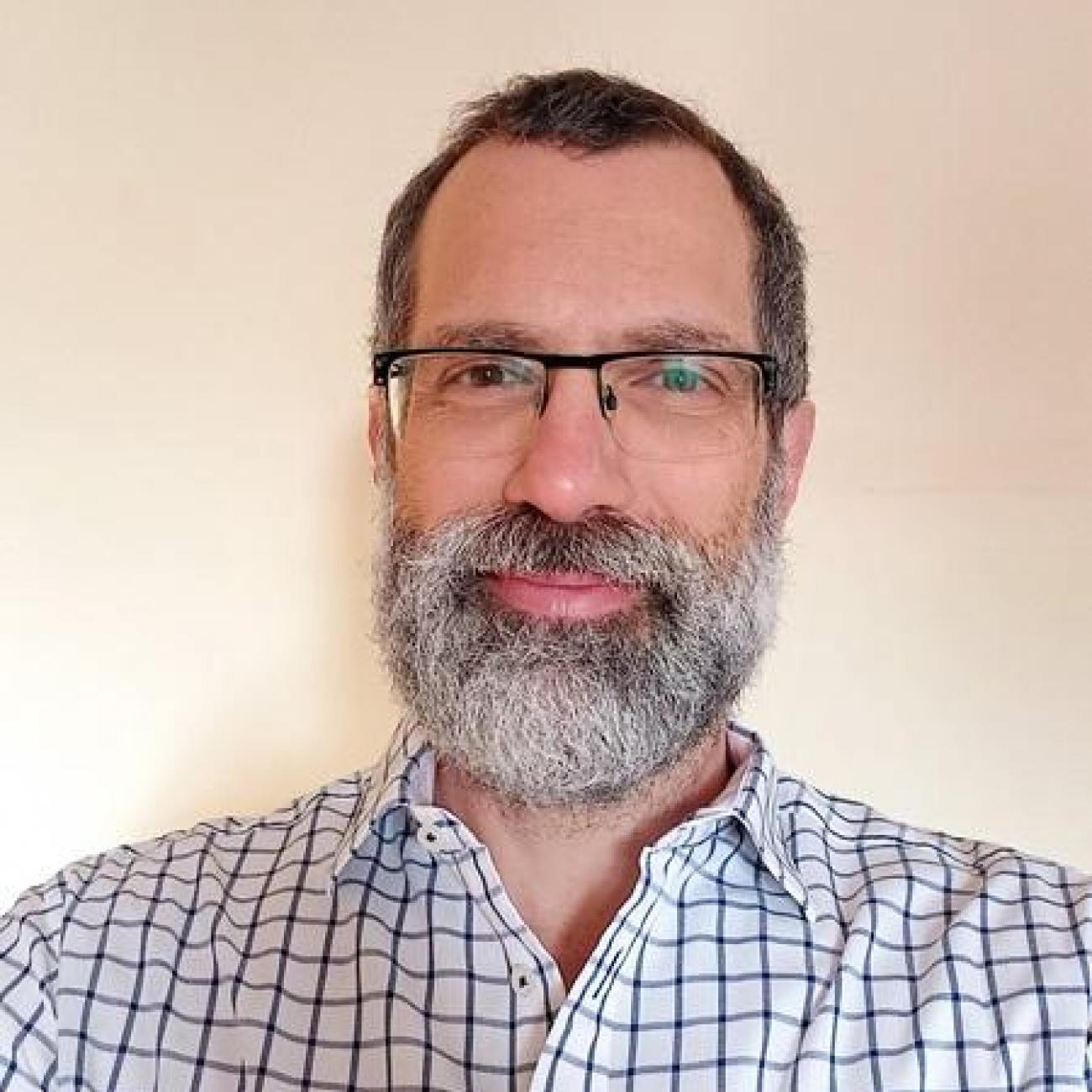Research
Research groups
Member of:
Research projects
Active projects
Sponsor: Bill & Melinda Gates Foundation
Completed projects
Researchers:
,
Sponsor: Bill & Melinda Gates Foundation
Researchers:
,
Sponsor: Bill & Melinda Gates Foundation
